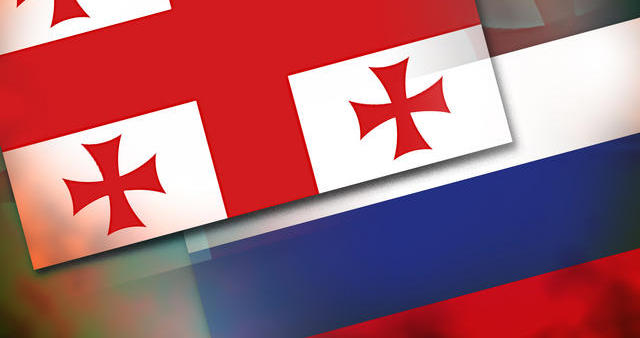
From Urmas Reinsalu, the Wall Street Journal: Russian President Vladimir Putin shocked the West last month when he told reporters that he had approved Russia’s 2008 invasion of Georgia two years before it took place. He also revealed that Russia had trained and armed secessionist paramilitaries in South Ossetia. Russia’s "peacekeepers," in other words, were promoting violence rather than preventing it.
This is not just an issue for the history books. The situation in the Caucasus remains fraught, and Western leaders need to make sure they do not again misread Russia’s intentions. . . .
Today, more than 10,000 Russian troops remain in Abkhazia and South Ossetia, while Moscow blocks monitoring missions from the U.N. and the Organization for Security and Cooperation in Europe. Russian forces in the occupied territories are equipped with weaponry put into place after the ceasefire agreement: SS-21 tactical missiles, S300 anti-aircraft missiles, tanks and Smerch rocket launchers. Russia’s FSB security forces guard the occupation lines and block EU monitors from entering both regions.
In Tallinn—and hopefully in Brussels, Paris and Washington as well—we are trying to understand what Russia expects to gain by occupying Georgian territory. Does the Kremlin believe that a country is excluded from NATO membership just because a fifth of its territory is occupied? Did Russian officials not hear when on two recent occasions, most recently at May’s NATO Summit in Chicago, that Georgia was assured of admission into NATO?
As a NATO member, Estonia plays a role in Georgia’s adoption of and progress toward NATO standards. Pressure from Russia has only reinforced Georgia’s desire to join NATO, and it has reminded the West that stability in the southern Caucasus depends on democratic governance and maintaining a country’s right to choose its own alliances. In both of these categories, Georgia leads the way.
Yet Russia has not given up its ambitions to obstruct its neighbor’s path to NATO membership. Dmitry Medvedev, Russia’s former president, said last November that his country will tell NATO aspirants "to behave themselves." He added that, if Russia "had hesitated in 2008, the geopolitical alignment would be different today, with many states having been artificially dragged into NATO."
Mr. Reinsalu is defense minister of Estonia. (graphic: EuroNest)
Image: euronest%209%2010%2012%20russia_georgia_flag.jpg
